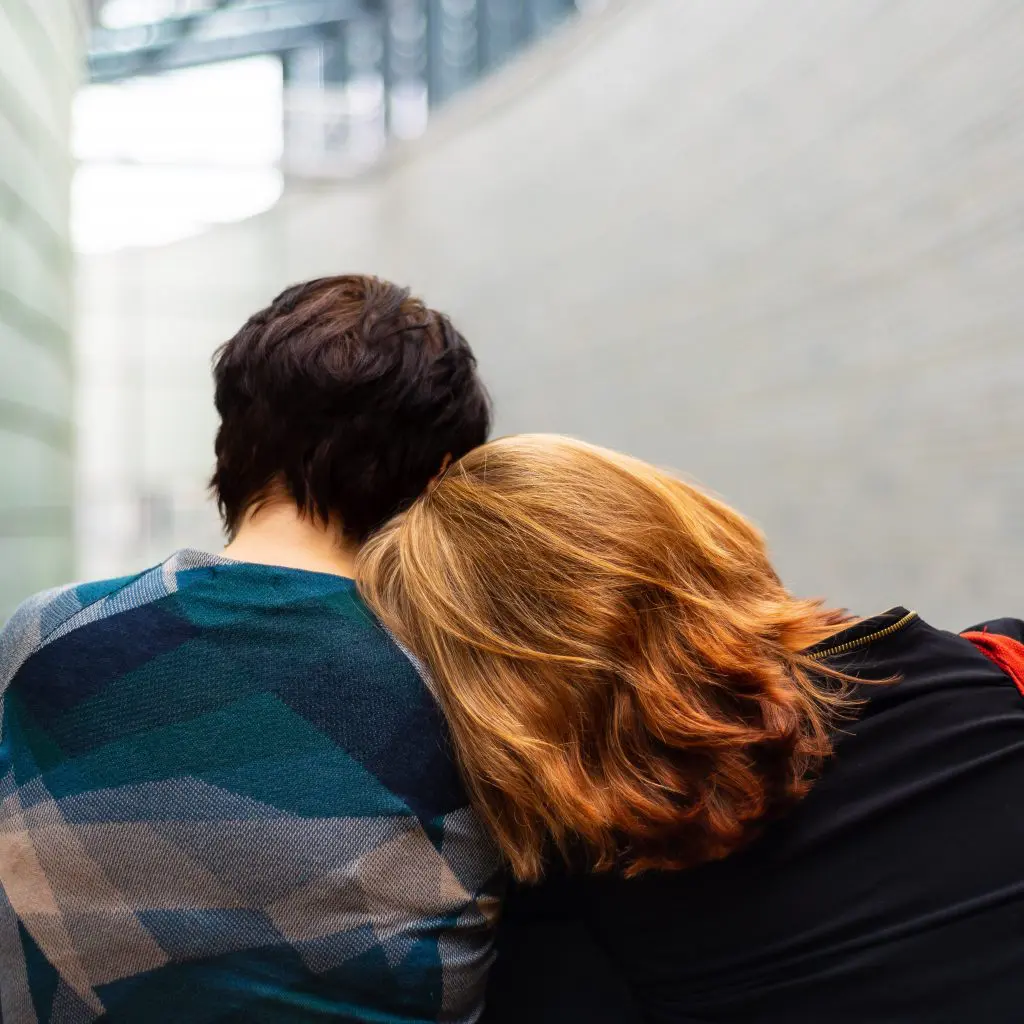Grief
Grief touches the lives of nearly everyone. Have you experienced a significant loss in your life? Are you tired of feeling like you can’t move on? No matter how much time passes, the wound still feels fresh. You’ve tried everything to alleviate the pain of your loss.
However, nothing seems to help. You keep hearing that “time heals all wounds,” but waiting for time to heal this wound feels like it will take a lifetime. You can’t help but notice that other people experience a loss and seem to move on without any issues. Why isn’t that the case for you?
What Is Grief?
Grief is a natural response to losing someone or something that is important to you. It’s extremely painful, though there are no external scars to match the pain. It’s internal, hidden, private, and overwhelming.
What Are the Causes of Grief?
Grief is often associated with the loss of a loved one due to death. But people can experience grief with other life experiences that have nothing to do with death. The world’s current life circumstances exemplify this.

To say that 2020 and 2021 have been unpredictable is the understatement of the century. We’ve experienced the peak of racial tension and systematic oppression. Acts of violence have been and remain an unfortunate topic we can’t ignore. In addition, we’re in the midst of a global health crisis (COVID-19) that will likely change the trajectory of our foreseeable future. The outcome of this combination is a universal sense of loss.
Most of us have lost something. For some of us, it’s the loss of a loved one. For others, it’s the loss of the experiences 2020 was supposed to bring us. Maybe we had plans for a dream vacation that was going to be the highlight of our year. Now, those plans are canceled, and we might not have gotten all of our money back. Or maybe we were planning our special day with the person we share our life with. Now our “dream wedding” looks much different than we planned.
In addition, let’s not forget our children aren’t able to do the “normal” things kids do. Sleepovers, birthday parties, and sleep away camps look different this year and for years to come. When it comes to the loss of a loved one, having the dreaded talk with them about death and loss is painful for everyone involved.
What Are the Common Symptoms of Grief?
We all have unique experiences that impact the way we react to different situations. However, we see trends in the experiences people have during the process of grieving. Some of the most common reactions to grief are:
- Overwhelming guilt
- Difficulty feeling positive emotions
- Sleep disturbances
- Trouble regulating emotions
- Sadness
- Poor concentration
- Loss of identity
- Loneliness
What Are The Stages of Grief?
Although early research suggested that everyone goes through very distinct and orderly stages of grief, we now know that this is not the case. Grief is messy. The process is unpredictable and scattered, and it can feel very confusing. Although the process can be similar, there’s no predictable pattern of how people move through these stages. Sometimes, when you think you’ve already moved through one stage, you might find yourself back in it months or years later. Interestingly, we all spend a different amount of time in each stage. Below are stages that some people experience as part of their grief reaction:

Denial
Denial is different for each of us, but it usually means we have a hard time accepting the reality of the situation. In this stage, we find ourselves thinking the loss just can’t be real.
Anger
During this stage, we often feel vexed or resentful. It’s normal to feel as if we’ve been wronged or cheated out of something.
Bargaining
In this stage, it’s common to want to trade things or make promises to bring back what we’ve lost. Often, people will feel compelled to make promises of “being a better person.” Other times, we promise to “turn our life around,” in the hopes of bringing back what we’ve lost.
Depression
This stage of grief is characterized by experiencing symptoms associated with the diagnosis of depression. This can include intense sadness, despair, and regret.
Acceptance
This is when we start to pick up the pieces. In this stage of grief, we begin to navigate life after loss in a more adaptive way. While we haven’t forgotten about what has been lost, we can go through life with a bit more ease.
Can Psychological Therapy Help?
We’ve all experienced losses as a result of the pandemic, and we’re all navigating it differently. There might not be a quick fix to solve the grief this pandemic has brought us, but we don’t have to cope with the events of this year alone.
Our therapists are here to support you. Losing someone or something significant is extremely difficult to navigate, and we can help you cope with your sadness. Experiencing grief often feels like a road with no end. Many times, it feels like a portion of our joy has been taken and we’re unsure of whether it’ll be given back. In addition, many parts of our life can be affected by experiencing a loss and dealing with grief–even parts that don’t seem to be related to the loss.
Therapy can provide you with a space to explore your loss and figure out how the symptoms of grief are affecting you. We can help you along the path to navigating your grief and healing over time.
How Do I Get Help?
Working through grief is a process. It often leaves people feeling lonely. If you’re in the Phoenix area, we can join you on the path to recovery. Reach out to us today, and we’ll match you with one of our therapists who has the experience and compassion to help you find peace.
